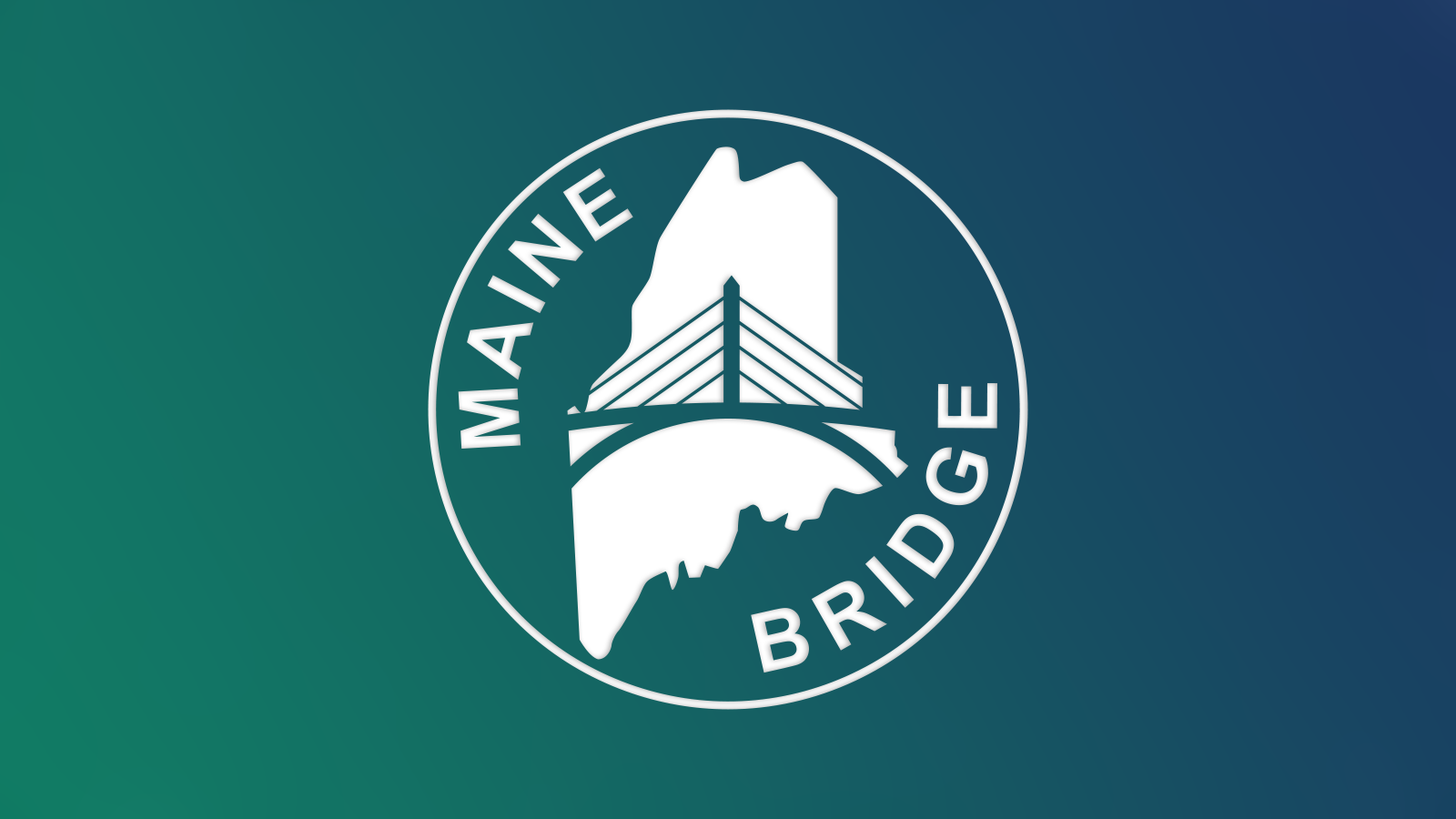
NSF Maine Bridge Partner Scientist Statement of Interest
Dear STEM Leaders,
My name is Leonard Kenyon, and I am a STEM Education Specialist at the Maine Mathematics and Science Alliance (MMSA). I’m reaching out to share an exciting opportunity through the Maine EPSCoR E-CORE RII Program, which aims to enhance research infrastructure and capacity in targeted areas across Maine.
The project, Strengthening Maine’s Research Ecosystem and Pathways Through Strategic Capacity Building (Maine-SMART), is funded by the NSF and focuses on strengthening Maine’s STEM ecosystem. A key component of this initiative is the Maine-BRIDGE program, which connects K-12 teachers with research scientists across the state. This collaboration provides teachers the chance to explore cutting-edge STEM research and bring that knowledge back into their classrooms, enhancing the learning experience for students statewide.
This is a fantastic opportunity for faculty and researchers, particularly those interested in integrating outreach into their work. By participating, you can share your research, contribute to Maine’s STEM workforce development, and build lasting connections with educators.
Maine-SMART is a statewide collaboration among UMaine, USM, UMaine at Fort Kent, SMCC, and nonprofit leaders like MMSA and GMRI. This initiative aims to foster a cohesive statewide research and development ecosystem, addressing Maine’s R&D needs while enhancing innovation, particularly in our rural communities. Core 3 of this grant, led by Dr. Ruth Kermish-Allen from MMSA and Dr. Darren Ranco from UMaine, utilizes culturally responsive sociocultural learning theory (SLT) to align STEM education with community needs, ensuring that it is both relevant and engaging for students and teachers alike. As part of this effort, MMSA will lead a statewide Research and Practice Partnership (RPP) to identify and scale effective STEM practices, benefiting over 30,000 students annually.
We invite you to share this opportunity with your colleagues and graduate students who may be interested in partnering with the Maine-BRIDGE component specifically. By participating, research scientists can directly mentor middle and high school teachers, helping to bridge the gap between research and classroom practice. Additionally, the Maine-SMART BRIDGE STEM Program, a core component of Core 3, will support immersive STEM partnerships between teachers and researchers, enhance curriculum development and student engagement, and provide additional support, such as the Maine State Science Fair.
June 2025, MMSA will host a one-day BRIDGE to Classroom kick-off meeting to align research activities with curriculum needs and educational standards. This gathering will bring together researchers, graduate students, and teachers to establish a foundation for their upcoming summer collaborative work.
Summer 2025, teachers will participate in a two-week, research-focused immersion either in the lab or the field, collaborating one-on-one with research scientists in their areas of interest. This hands-on experience will equip teachers with valuable STEM insights and innovative techniques to integrate into their curriculum, inspiring their students with real-world applications. This immersive approach not only deepens their theoretical knowledge but also enriches their appreciation for scientific inquiry. Beyond technical skills, this experience highlights the importance of mentorship and collaboration within the scientific community. Teachers will engage in discussions, ask questions, and exchange insights with researchers in their areas of interest. They will explore how to integrate their newfound knowledge into their pedagogy, crafting lessons that emphasize the authentic process of scientific inquiry rather than merely learning about science.
August 2025, teachers and researchers will participate in a two-day BRIDGE curriculum development writing retreat. This collaborative opportunity aims to seamlessly integrate science and pedagogy. Designed to foster teamwork and innovation, the retreat will bring together teachers, researchers, and educational specialists to create cohesive and engaging curricula that enhance student learning outcomes. Below are some preliminary ideas for the retreat.
Day 1: Exploration and Ideation
The first day will focus on current trends in science education and effective pedagogical practices. Participants will engage in discussions and workshops centered on inquiry-based learning and aligning curriculum with scientific standards. teachers will share their experiences, challenges, and successes, fostering a collaborative environment for brainstorming ways to integrate scientific concepts into engaging lesson plans. Breakout sessions will allow teams to explore specific topics, identifying key concepts and skills to enhance the curriculum.
Day 2: Collaborative Writing and Design
On Day 2, participants will enter a hands-on writing phase, building on insights from Day 1. Teams will collaboratively draft curriculum materials that merge scientific content with effective teaching methodologies, including lesson plans, assessments, and interactive activities to boost critical thinking and student engagement. Facilitators will provide guidance to ensure scientific accuracy and pedagogical effectiveness. Participants will receive real-time feedback from peers, refining their materials throughout the day. By the end of the retreat, teachers will leave with a suite of ready-to-implement curriculum resources and establish lasting professional connections for ongoing support.
There is a $500 honorarium provided to partner scientists.
Your expertise and involvement are considerable in achieving our goals and making a lasting impact on STEM education in Maine. Please complete the Partner Scientist Form and contact me if you or your colleagues have additional questions.
Thank you for considering this opportunity to collaborate and support our shared mission.
Kind regards,
Leonard Kenyon
STEM Education Specialist
Maine EPSCoR E-CORE BRIDGE Lead
